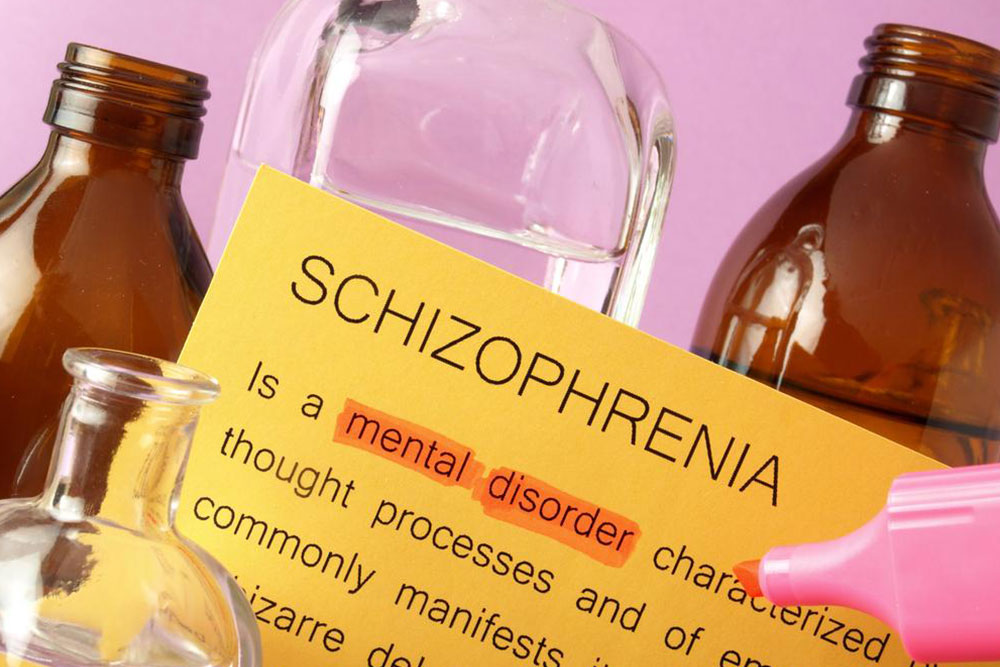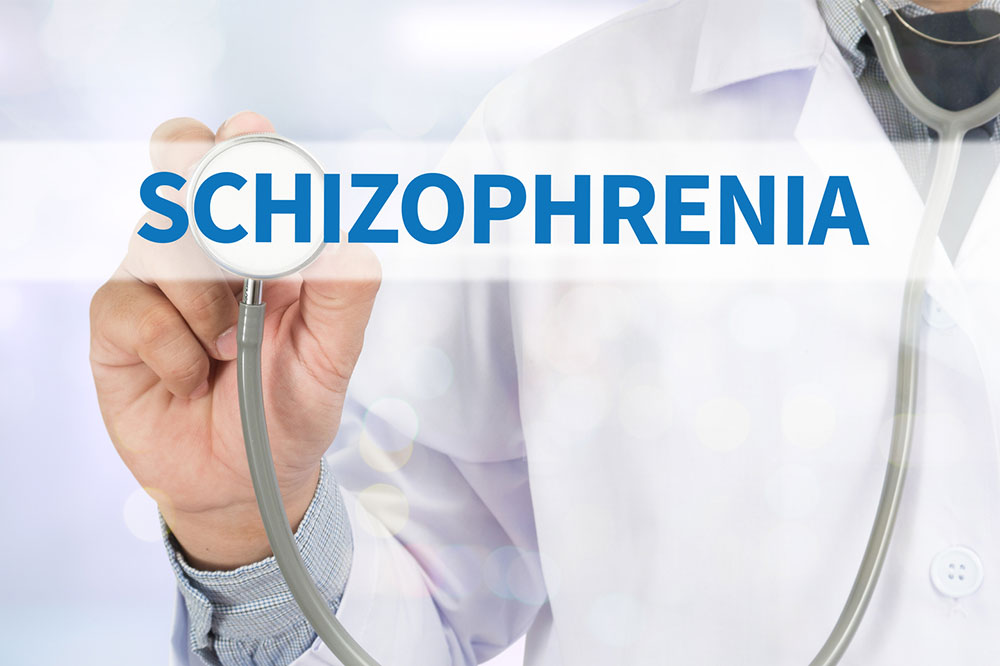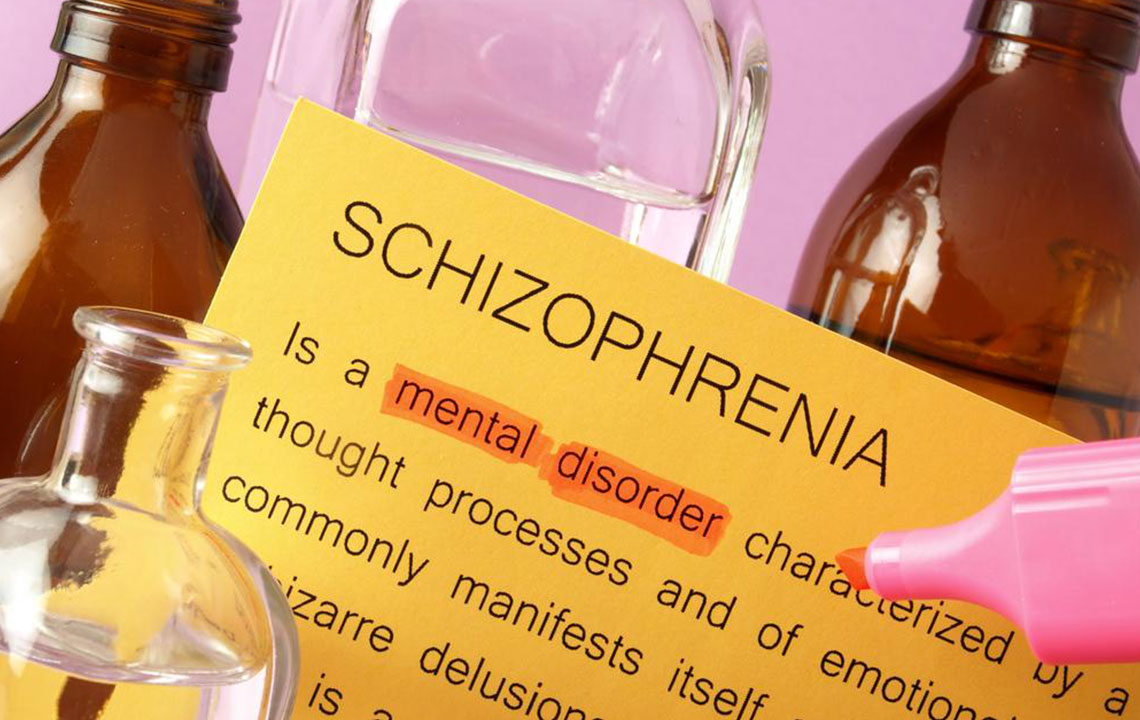Understanding Schizophrenia: Causes, Symptoms, and Management
Schizophrenia is a serious mental health condition characterized by distorted perceptions and difficulty distinguishing reality. While it has no cure, early diagnosis, treatment, and family support can greatly improve quality of life. This article explores causes, symptoms, and management strategies, emphasizing societal acceptance and compassion. Understanding these aspects can help reduce stigma and promote recovery, enabling individuals with schizophrenia to lead productive, socially connected lives in supportive environments.
Sponsored

Schizophrenia is a complex mental health disorder that, with proper treatment, enables individuals to lead active, meaningful, and socially integrated lives. It is important to clarify that schizophrenia is not multiple personality disorder or split personality. Most patients are nonviolent, and though there is no known cure, significant advancements have been made in understanding its nature. The core issue involves distorted perception and difficulty distinguishing reality, impacting thoughts, emotions, and social interactions.
The disorder is among the most persistent and disabling mental illnesses. Researchers attribute it to imbalances in neurotransmitters like dopamine, glutamate, and serotonin, which affect neural communication. These chemical disruptions can heighten sensitivity to stimuli such as noise or light, often overwhelming affected individuals. Current treatments are designed based on these insights.
Multiple factors contribute to schizophrenia’s development. Genetic predisposition plays a significant role, especially if there is family history. Hormonal fluctuations during adolescence and stressful life events can also trigger the disorder. Additionally, prenatal development issues, such as maternal viral infections during pregnancy, increase risk.
Early signs may include hallucinations, unusual speech or writing, social withdrawal, neglect of personal hygiene, and bizarre behaviors. Recognizing these symptoms early and seeking prompt care — through therapy, medication, and family support — is essential. Society’s understanding and kindness are vital to help those affected lead fulfilling lives and integrate into their communities.






